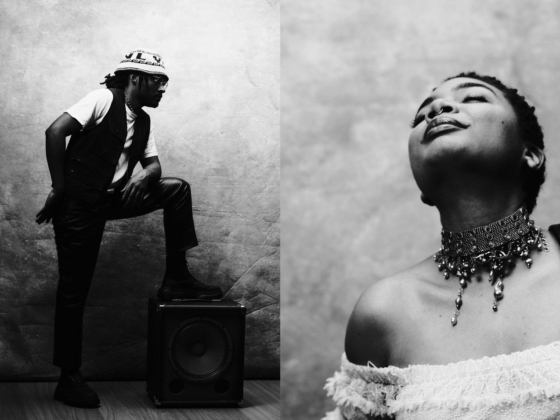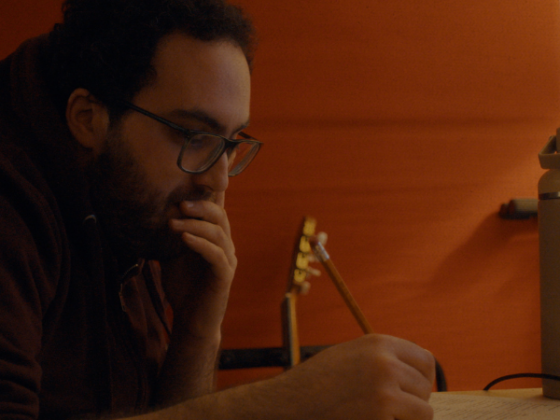Brooklyn’s own Latasha Alcindor is many things: a spoken word artist, a visual artist, and a damn good rapper. Her latest project, Teen Nite at Empire, is a thirteen-track romp through her childhood days and best memories at Brooklyn’s Empire Skating Rink. Empire closed down in 2007 as one of the many casualties of the ongoing gentrification in Brooklyn. This record is a bridging of old school memories with new school flows. Latasha shoulders the noble task of keeping her Brooklyn alive and thriving on this project. When asked to sum up the project, Latasha says: ‘I think if I tapped back into the music I grew up loving and let the spirit of that music flow through me, I might resurrect the essence in a new way. Teen Nite at Empire is essentially influenced by the 2 for $5 bootleg mixtapes you could purchase at any bodega.’
[spotify]https://open.spotify.com/album/7tjhDLdrTYVcS8hr7Go1jq[/spotify]
Teen Nite kicks off with a nuanced introduction: a judge calling Latasha up to the stand to tell whole truth—as is the essence of hip-hop—except, he can’t pronounce her name. Cheekiness aside, this introduction also sets up the ongoing conflict caused by gentrification that she touches on throughout the project. The intro leads into an attractive and revved up aggression on “Breakthru.” Immediately following is the spoken word introduction to the pounding “Don’t Be Mad.” Latasha is a natural poet, and after showing off her spoken word style once, the rest of the record ends up begging for more moments of traditionally poetic reprieve. That might be a good problem to have: an album that is pining after more of its artist. Still, the shining aspects of this record can be broken down into three branches: vulnerability, nostalgia, and bars, bars, bars.
The focal point of this record is “Sherilka’s Voicemail: Interlude.” All of the emotional payoff of the project hinges on this voicemail where Sherilka brings up fond memories with a catching conviction. Just under two minutes of reminiscing, this single interlude frames the album exceptionally well; however, it’s tucked more than halfway through the tracklist. As a piece so essential to the mood of the album, it would have served Latasha better to place it in the third or fourth slot. That being said, this interlude gives way to some of the most humanizing moments on the album, particularly the last three songs, which help cement Latasha Alcindor’s depth of personality.
[youtube]https://www.youtube.com/watch?v=g0XO5NRSbBg[/youtube]
Rapping comes so effortlessly to Latasha. The biggest crime of a track like “Practice on the Q Train” is that it ends. The flow is laxed and held together by the spirit of just rapping for the love of it. This is the type of song you play for the kid who asks ‘oh you rap?’ to scare them off underestimating you. How could this just be practice? Easy, look at “Affirming Life” with its swell of images and wise restraint to realize that she is an emcee playing far outside the scope of a simple sixteen. Latasha’s breathy flow translates the overcoming sensation of sadness and helplessness on “Affirming Life” to the mic with ease. As the final voice recording on the album asks ‘what’s next?’ the resounding answer is more! More of Latasha’s style, more of her story, and more looks into her full artistic scope.
Connect with Latasha Twitter | Instagram | Soundcloud











